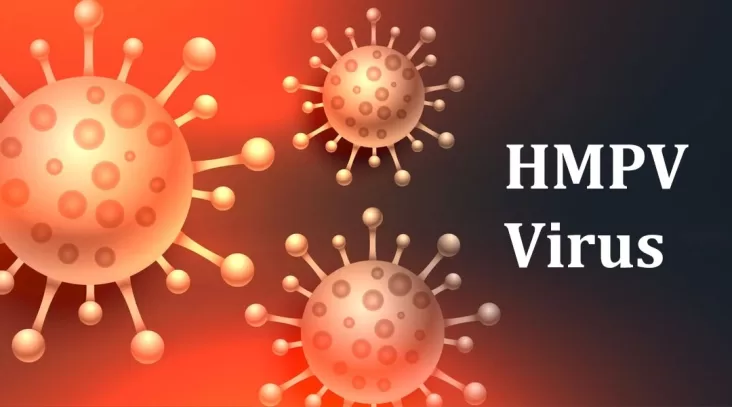A Guide to Symptoms, Risks, and Prevention
Human Metapneumovirus (HMPV) is a respiratory virus that affects individuals of all age groups, posing significant risks to young children, the elderly, and those with weakened immune systems. Discovered in 2001, HMPV is a leading cause of respiratory infections worldwide, yet it often remains underdiagnosed due to its similarity to other respiratory illnesses.
What is HMPV?
HMPV is part of the paramyxovirus family, closely related to respiratory syncytial virus (RSV). It primarily targets the upper and lower respiratory tract, causing infections that range from mild colds to severe respiratory illnesses like pneumonia and bronchiolitis.
Symptoms to Watch For
The symptoms of HMPV infection can vary depending on the individual’s age and overall health. Common symptoms include:
- Mild Cases: Cough, nasal congestion, sore throat, and fever.
- Severe Cases: Wheezing, difficulty breathing, and in extreme cases, hypoxia (low oxygen levels).
In high-risk groups such as infants, older adults, and immunocompromised individuals, HMPV can lead to complications requiring hospitalization.
How is HMPV Spread?
HMPV spreads through respiratory droplets when an infected person coughs, sneezes, or talks. It can also be transmitted by touching contaminated surfaces and then touching the face, particularly the mouth, nose, or eyes.
Risk Factors
While anyone can contract HMPV, certain groups are more vulnerable:
- Infants and young children: Due to their developing immune systems.
- Elderly individuals: Particularly those with pre-existing health conditions.
- People with compromised immunity: Such as cancer patients or organ transplant recipients.
- Individuals with chronic respiratory illnesses: Asthma or chronic obstructive pulmonary disease (COPD).
HMPV Diagnosis and Treatment
HMPV is diagnosed through laboratory tests, such as PCR (polymerase chain reaction) or antigen detection tests, which identify the virus in respiratory samples.
Currently, there is no specific antiviral treatment for HMPV. Management focuses on alleviating symptoms through:
- Over-the-counter medications: To reduce fever and ease congestion.
- Hydration: To maintain fluid balance.
- Oxygen therapy: For severe cases with respiratory distress.
Prevention is Key
As there is no vaccine for HMPV yet, prevention plays a crucial role in controlling its spread:
- Practice Good Hygiene: Wash hands frequently with soap and water.
- Avoid Close Contact: Maintain distance from individuals showing symptoms of respiratory illness.
- Disinfect Surfaces: Regularly clean commonly touched surfaces like doorknobs and phones.
- Cough Etiquette: Cover your mouth and nose with a tissue or elbow when coughing or sneezing.
The Role of Awareness
Raising awareness about HMPV is essential for early detection and prevention. If you or your child experience prolonged respiratory symptoms, consult a healthcare professional promptly.
At Sujata Birla Hospital, we are committed to providing accurate diagnoses and compassionate care. Our specialized team is equipped to handle respiratory infections and guide you toward a healthy recovery.
Stay informed, stay safe!

